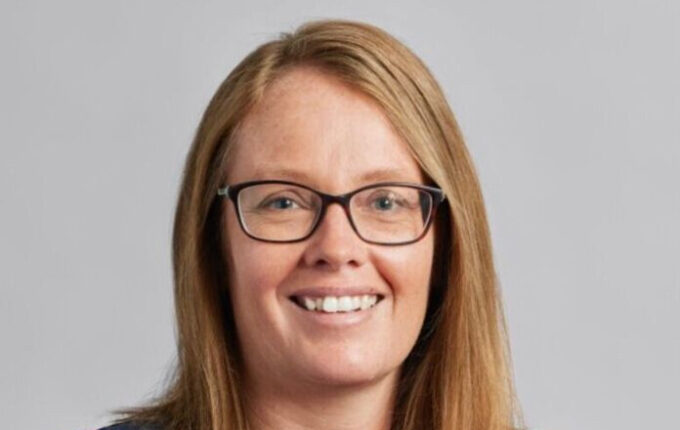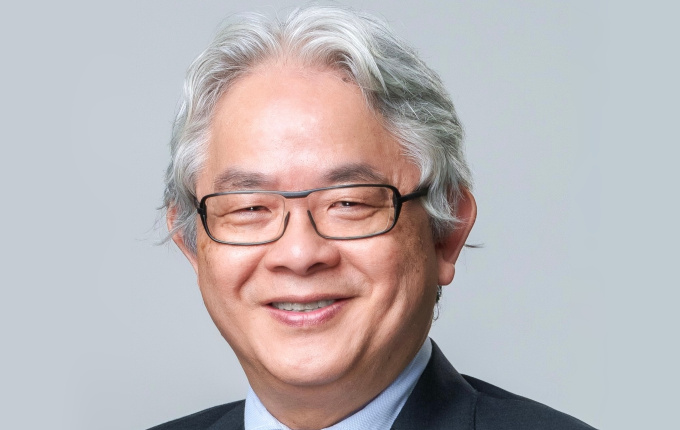Flamingos are known for their penchant for standing on one leg.
A GeorgiaTech research revealed that flamingos could passively and stably support their body weight on one leg without any conscious effort. In contrast, they need to use more muscles when standing on two legs. This status quo position enables energy to be conserved, to better expend them in other activities.
Portfolio Strategy
The Reference Portfolio model, pioneered by Canadian pension funds and adapted by sovereign funds such as New Zealand Superfund, takes an opportunity cost approach to investment opportunities. With an investment belief that alpha is scarce and difficult to extract, there is a conscious discipline to evaluate opportunities by firstly comparing them to an internal passive benchmark.
Elsewhere, the Total Portfolio Approach encourages funds to break down asset class silos and focus almost absolutely on the investment objectives.
The Endowment Model, made popular by Yale and Harvard, has a strong emphasis on the role of alternatives and illiquid assets.
Reinforced by strong governance, the various approaches have excelled in the recent past. However, given an impending regime change in global markets, is there a need to adapt the portfolio strategy?
Adaptability
Flamingos can exist in diverse habitats. While they prefer warmer temperatures, they do equally well in colder climates too. Surprisingly flamingos can also be found in the Andes Mountain range and throughout South America, despite the perception that they only inhabit in the flat lands near lakes and swamps.
Equity markets trending in late cycle, coupled with central banks’ planned withdrawal of liquidity, indicate that market volatility may be back with a vengeance. This situation is exacerbated by the increasing influence of geopolitics and uncertainty of trade wars.
How should portfolios be transformed to reflect current realities? Diversification remains the only free lunch, but 60/40 or 70/30 portfolios may look naïve at best.
Private markets, in both equities or debt, have become relatively more attractive as compared to the listed markets. As investors surge towards the illiquidity premia, they may be well reminded that the global financial crisis of 2007-8 was a crisis of liquidity too.
The availability of data and improved computing power has given rise to complex quantitative approaches designed to improve portfolio outcomes. However the performance of risk premia, smart beta or alternative beta strategies in 2018 have caused some concern for investors.
The advent of machine learning and artificial intelligence is proving to be an exciting new frontier as funds seek to exploit the information advantage beyond simply data mining. The “active vs passive” debate gets a new lease of life here.
Sustainability
The main threats to flamingos include habitat loss from man-made pollution, often from heavy industries and manufacturing companies. The threat of climate change, eg resulting in droughts, remain significant.
The concept of environmental, social and governance (ESG) principles is well understood in theoretical terms. The challenge of integrating them in the portfolio remains fraught with difficulties, with some funds paying lip-service or performing a box-checking exercise, while others still pondering the “do good versus do well” conundrum”.
With more substantial evidence, increasing scrutiny from financial regulators, as well as a groundswell of grassroots pressure from pension fund members (particularly millennials), fund trustees and executives will be expected to shoulder these fiduciary responsibilities more seriously.
Forum Objectives
At this seventh annual Global Investment Strategy Forum, we will analyse the changing market regime and structures, evaluate diversification and complexity in the portfolio as well as highlight the governance and climate change imperative, in the pursuit of long-term investing.
We are also pleased to partner with the Thinking Ahead Institute to co-host the Asset Owner Roundtable.
Enquire about this event


![__________ [i3] Insights is the official educational bulletin of the Investment Innovation Institute [i3]. It covers major trends and innovations in institutional investing, providing independent and thought-provoking content about pension funds, insurance companies and sovereign wealth funds across the globe.](https://i3-invest.com/wp-content/uploads/2025/06/Charles-Wu_State-Super_680_2025.jpg)

